When Facebook Page Metrics Lose Theirs Values
Mục Lục
Facebook is now a very popular advertising channel in Vietnam, with most major brands having their own fan page and we may find offer for Facebook advertising services everywhere from agencies to groups and individuals. As with Google, the advertisers will look at the metrics given by Facebook to gauge the effectiveness of that ad campaign. However, if these indicators are not accurate or true, then will they still be reliable for you to evaluate the effectiveness of Facebook? Why are these indicators biased?
Summary of Facebook metrics
Page like: This is the number of people who like your fan page naturally or through advertising on Facebook. People who like your fan page can see the content you post on the fan page.
Page reach / Post reach: The number of people who see the content of the fan page when you update. Reach is divided into two categories: organic reach and paid reach (through advertising).
Like: These are people who like the content you posted on the fan page. When a person clicks on your post, it’s likely that his or her friend will see this action.
Share: These are the people who click on the content you post on the fan page. Shared content will appear on the shareer’s wall and his friends, or friends of friends can see this shared content.
Comment: These are the commenters on the content that you post on the fan page. Friends of commenters can see this action.
Click: These are the people who click on your content. Once clicking, they will continue with other actions like like, share, comment.
Video click: These are the people who click to view your video content. After viewing the video, these people can perform other actions like like, share, comment.
Facebook’s indicators in an ad campaign
Indicators like, share, comment and clicks are referred to as engagement indexes, and these activities can contribute to adding like, share, comment and clicks from people who are not fans of the fan page updating such content. This was formerly known as viral reach. However, since the launch of the new Insights system, Facebook has incorporated viral reach into organic reach.
Why are these Facebook indicators losing value?
With the rise and popularity explosion of Facebook all over the world, this social networking site has become the preferred destination for advertisers to reach young and dynamic customers. With the emergence of Business-specific Pages, Facebook is officially opening its doors for brands to the kingdom of social network and marking the explosion of the advertising channel.
Initially, fan pages use the page like index to evaluate the popularity of that page. The more fans they have, the more people will see and be attracted by their posts. For page like, in essence if a person really like the content of that page and want to update the information from it then they can click like to follow and the page number like indicates the interest of the users about the service or fan page. But a lot of people think the index is like a number that can be used to show off, to create a good first impression with customers, to look cooler, etc.
Then when talking about how to increase the number of fan for your fan page, there are two ways to do this: legal and illegal (according to Facebook rules). Let’s first talk about the unlawful like-boosting form:
1. Unlawful like-boosting
The idea of increasing likes at all costs spread very quickly and then a race to increase page likes loudly starts. And demand creates supply, an entire ecosystem living solely by selling fake likes has flourished for years untill this day. Now everywhere on Facebook groups it will it be easy to see people asking for buying likes for their fan page and the danger is that even the agencies doing social media campaigns for brands are involved in this kind of buying. What are these fake likes? Where does it comes from?

You can easily find dozens, hundreds of similar services.
The source of fake likes comes in part from the like exchange system (called click farm), in which attendees will like back and forth to get points, or maybe buy points and then exchange the point to increase likes for their own fan page. Some people make use of automated tools to get continuous scores from these systems and then sell the fake likes to customers with with cheap price. These fake likes are completely worthless because these accounts have liked hundreds, thousands of different pages and they are completely automated, not under the control of human.
With click farm you can fake everything from like, share, views etc. on every popular channel
Another popular way to gather unauthorized likes for the fan pages is to use a hidden like script on your website. That means: whenever anyone visits a site that contains such hidden like, whatever they do like clicking will automatically make them to like a pre-defined fan page (if the user has logged in to facebook available). Some websites, including major and reputable websites (Foody, CucRe) in Vietnam, do this. This is also taken advantage by admins of many large fan pages to create fake likes and sell them to agencies and brands with the promise that these are real likes from real real profile. Yes, it is true that these are real people, not the fake ones like above, but if they do not know or are not interested in the service or information of the fan page they like so how is it effective? And if the user finds out, it only affects the brand and annoys them.
2. Legitimate way to boost likes
In addition to the above illigible methods, advertisers can legitimately increase the fan page’s popularity by using Facebook ads. So now you just pay for Facebook and get some amount of likesf from real people who really enjoy the service and information of your fan page. So great! But I am sorry for the fact that there are many chances that the click you receive from advertising through Facebook is also false or fake as mentioned above. Why? Do Facebook comply with click farms or hidden likes runners above to gain money? For a better understanding of the nature of this whole process, check out the video made by Veritasium below:
Simply put, even if you run Facebook ads, the likelihood is that the likes will still come from the click farm systems mentioned above as to avoid Facebook’s detection and tracking, these systems will click on any fan page they see to hide the traces. So now if you run ads on Facebook then there is the possibility that you still have to pay but the engagement received does not come with quality.
Fake likes trades are everywhere, and not just peerless pages do this but even branded ones rush to buy likes in large quantities without even considering the consequences. This makes all of the Insight and reporting indicators, engagement stats, and all the information you collect from your fan page devoided and devaluate their analytical value. These indexes are also heavily affected by the decline in organic reach or like in recent future Facebook will no longer allow fan page to post advertising posts right on the but but to to run ads.
Want to advertise, you have to pay, duh.
With all of these issues, it’s possible to find out why some brands decide to stop using Facebook and focus more on other social media channels that are more interactive such as Instagram, Youtube or Twitter. However, in Vietnam, Facebook is still the dominant social network and almost gets no competitor, so the problem now is how you will use Facebook. Facebook is still a good advertising and branding channel besides Google if it is properly used and optimized. View more: Case Study Google Ads vs Facebook Ads.
The main thing emphasized here is that Facebook’s indicators such as fan like, post like, share and reach today are heavily influenced by chasing after fake indexes over the years and have become distorted, basing on those parameters to evaluate the effectiveness of advertising campaigns from Facebook is very dangerous. If you are an advertiser then it is time to look beyond indexes like page likes and do not be delusional by the engagement stats from Facebook ads but let’s look at its real effectiveness under conversion rate angle. If you want to check the effectiveness of Facebook for your website, you should use the tracking tools such as Google Analytics to see more clearly.
Look at the performance indicators to evaluate the effectiveness of Facebook rather than the deviation indicators
What do you think of the views expressed by the author mentioned above? Leave a comment below

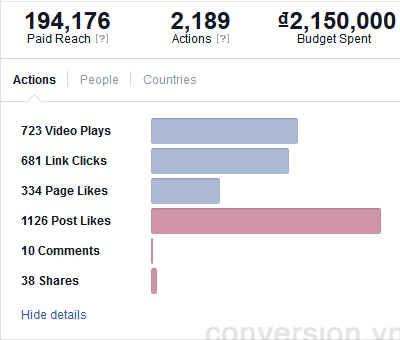
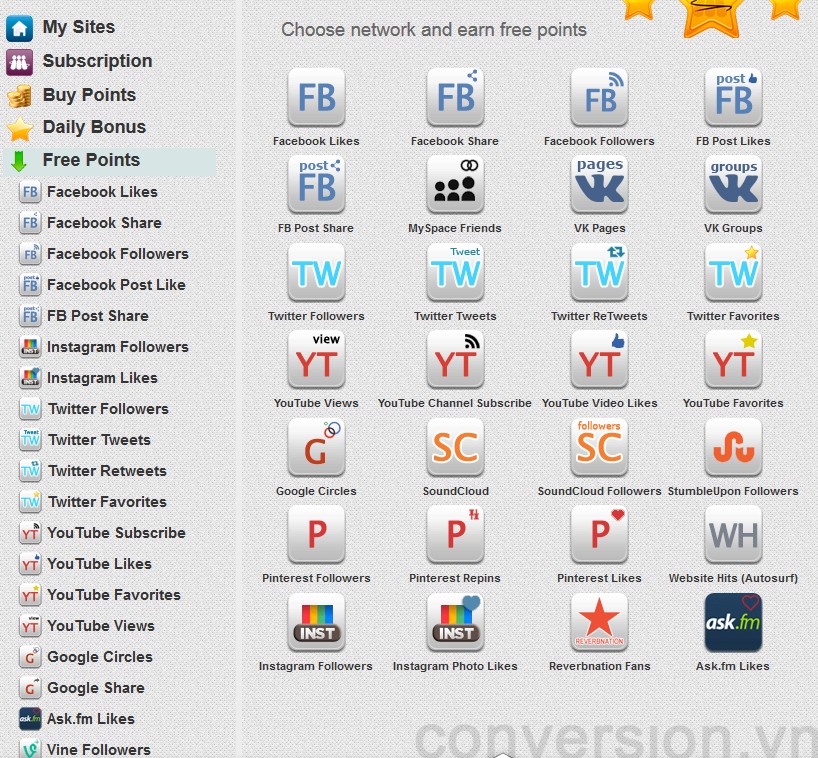
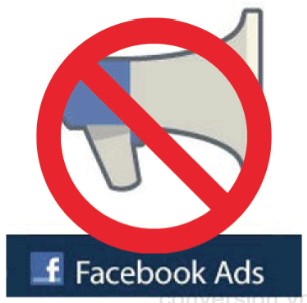

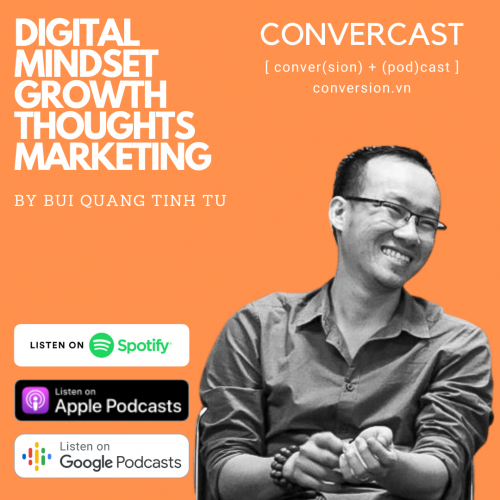

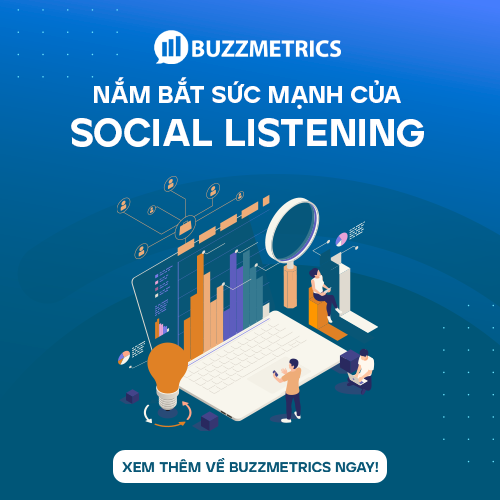
 Vietnamese
Vietnamese English
English